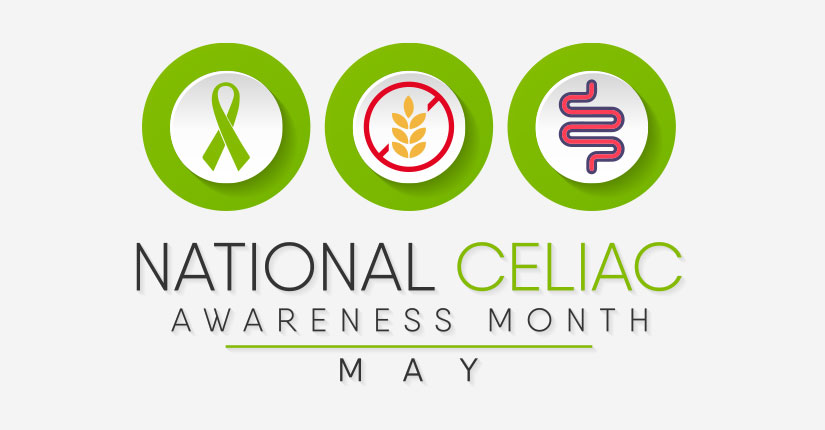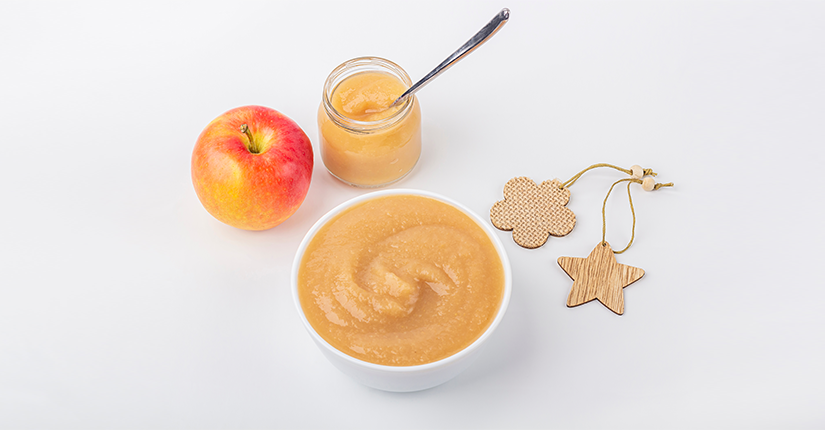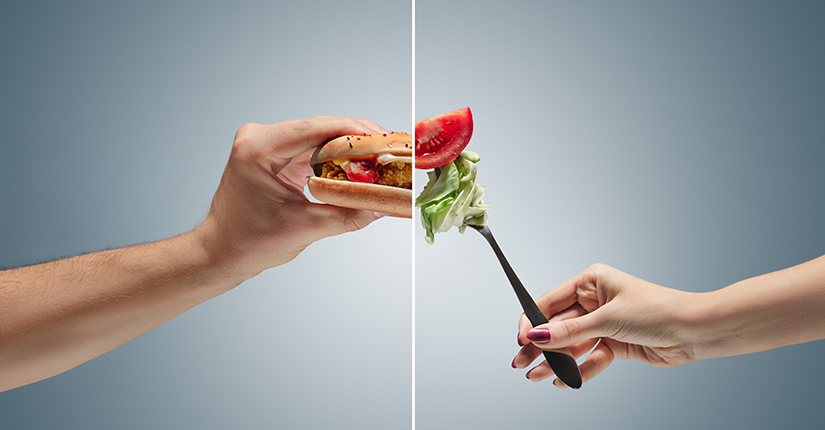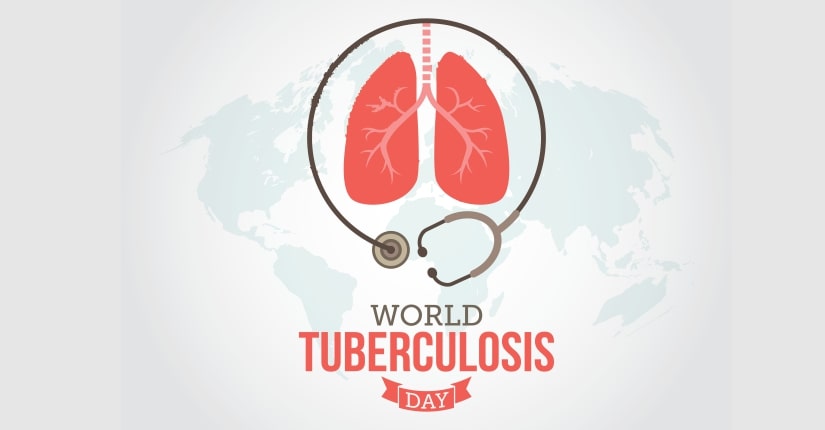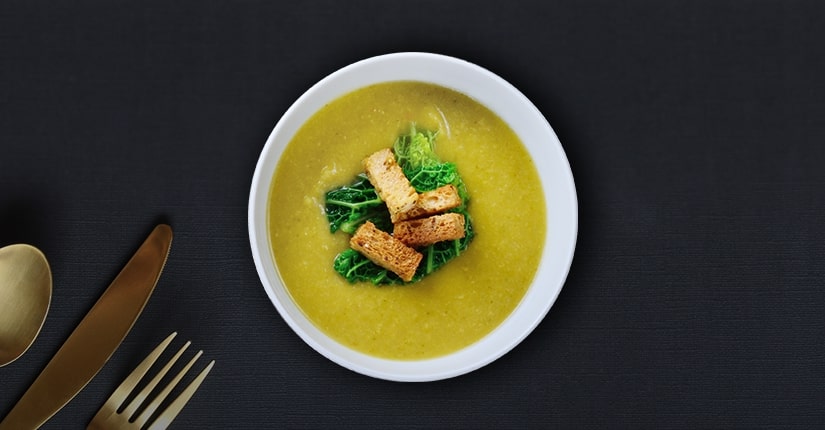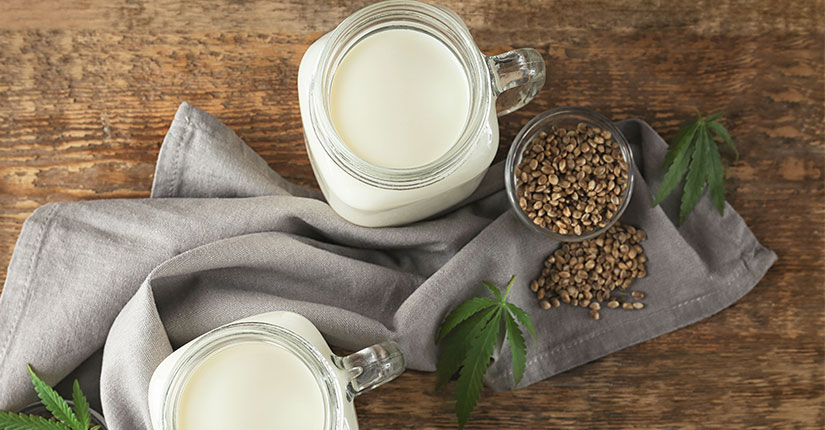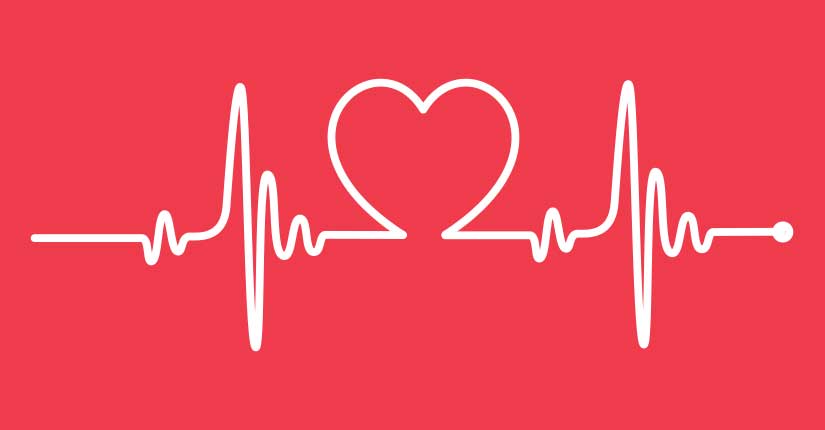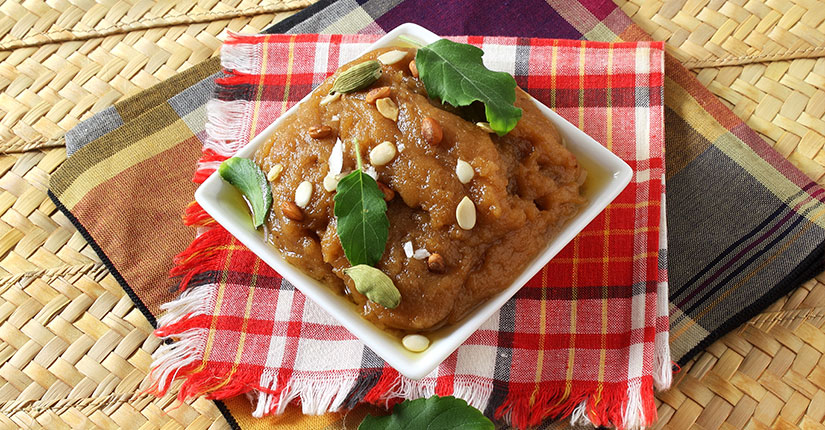Decoding the Types of Hepatitis & Dietary Recommendations
By Nmami Agarwal 06-May 2020 Reading Time: 8 Mins
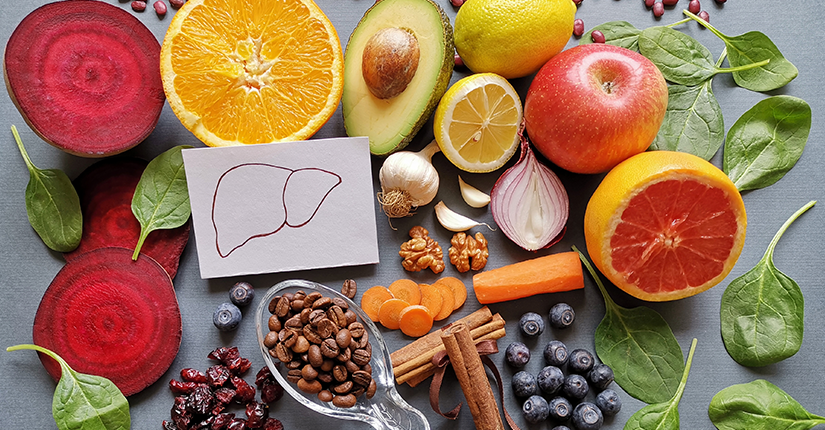
Liver is a significant organ which is responsible for metabolism and breaking down food in the digestive system Hepatitis refers to a condition where liver is inflamed. It’s commonly caused by a viral infection, but there can be other possible causes of hepatitis as well. These include autoimmune hepatitis and hepatitis that occurs as a secondary result of medications, drugs, toxins, and alcohol. A condition such as autoimmune hepatitis occurs when your body makes antibodies against your liver tissue.
Types of Hepatitis are as follows:
- Hepatitis A.
- Hepatitis B.
- Hepatitis C.
- Hepatitis D (delta hepatitis)
- Hepatitis E
This type leads to short term infection and usually doesn’t cause any complications. Hepatitis A is mostly transmitted by either direct contact with an infected person’s feces or by indirect fecal contamination of food or water. Liver heals in about 2 months and can be prevented it with a vaccine.
Majority people recover from this type in 6 months. Sometimes, though, it can cause a long-term infection that could lead to liver damage. Once you’ve got the disease, you can spread the virus even if you don’t feel sick as you become the carrier. You can prevent it if you get a vaccine.
Hepatitis C is most commonly transmitted by exposure to contaminated blood or needles. The virus can survive outside of the body for up to four days. Majority people with this type don’t show any symptoms but almost 80% of those with the disease get a long-term infection. It can sometimes lead to liver cirrhosis. It has no vaccine as prevention.
It is a serious liver disease caused by the hepatitis D virus (HDV). It can be contracted through direct contact with infected blood. This is a rare form of hepatitis that only occurs in conjunction with hepatitis B infection. People with Hepatitis B often develop hepatitis D and HDV can’t multiply without the presence of hepatitis B.
Hepatitis E is spread by the fecal-oral route and is a waterborne disease caused by the hepatitis E virus (HEV). Hepatitis E is common in areas with poor sanitation and typically results from ingesting fecal matter that contaminates the water supply. Hepatitis E disease is uncommon in the United States and causes acute infection. However, cases of hepatitis E have been reported in the Middle East, Asia, Central America, and Africa.
Common symptoms of hepatitis
Signs and symptoms of acute hepatitis show up immediately. They include:
- flu-like symptoms
- tiredness
- dark urine
- pale stool
- abdominal pain
- loss of appetite
- unexplained weight loss
- yellow skin and eyes, which may be signs of jaundice
If you have infectious forms of hepatitis that are chronic, like hepatitis B and C, you may not have symptoms initially. Chronic hepatitis develops slowly and so symptoms may not occur until the damage affects liver function.
Dietary recommendations:
In case of hepatitis, the liver is already inflamed. With time, this can lead to scarring, called as cirrhosis and this can reduce the liver function. Eating well with few restrictions may help liver to function normally.
A peculiar part of having hepatitis C is to maintain a healthy weight. This goes for all kinds of hepatitis. Being overweight can cause a condition of hepatic steatosis (where excess fats get build up in the liver). The following nutrients are important to consume and are given below:
- Protein intake
In case of cirrhosis, doctor may recommend a higher protein intake to reduce your risk of muscle wasting and fluid buildup. Protein is essential for repairing and replacing of damaged liver cells. Prefer lean proteins with foods like fish, nuts, eggs, soy and pulses. Consume protein in small portions initially and according to your activity type and age.
Consume enough dairy food like cottage cheese/tofu, milk, curd as they are rich in calcium and will aid in easy digestion.
- Say yes to whole foods
Whole foods like cereals, grains and millets are rich in fibre, B vitamins, zinc, magnesium and, iron. If you have celiac disease, you could prefer gluten-free grains, such as buckwheat, quinoa, and amaranth. Avoid refined foods likes pastries, pastas, noodles and others. Choose healthy alternatives like brown rice, oats, and others as it could provide more energy and improve bowel function.
- Reduce salt and sugar intake. Sodium consumption can lead to water retention and may raise blood pressure, causing harm to people suffering from cirrhosis. Restrict salt intake. Sugar could cause weight gain leading to obesity and putting you at the risk of diabetes. Avoid sugar intake.
- Oily, greasy, fatty, processed, frozen or packaged food should be avoided. It could only lead to inflammation of liver.
Over to you
It is best to consult your doctor in case you have doubts or feel to start having a normal diet. Following few restrictions and cutting on few unnecessary food items could take you a long way and help you heal faster and better.

